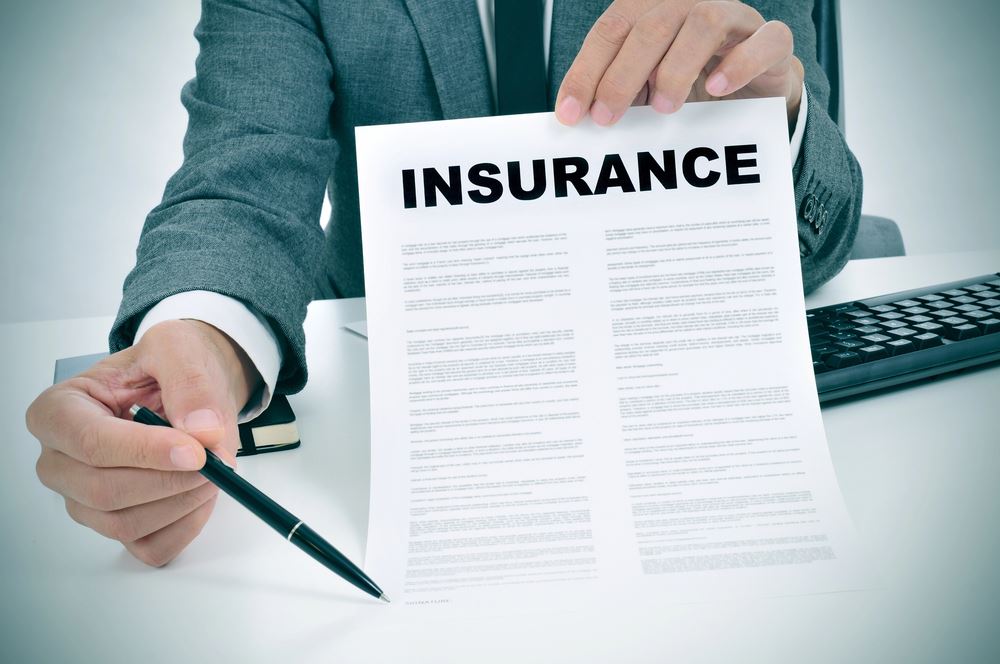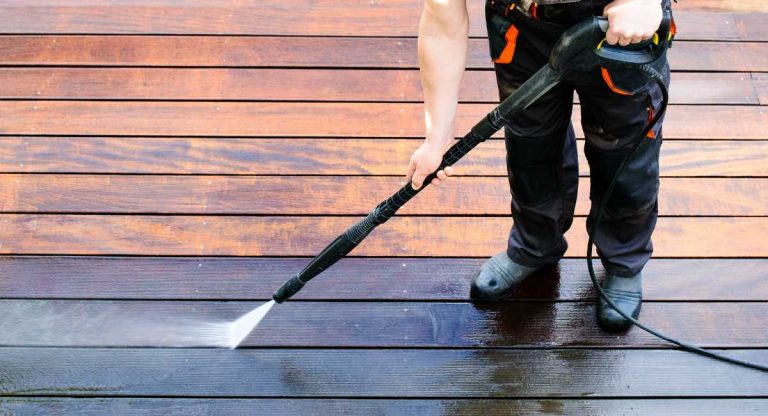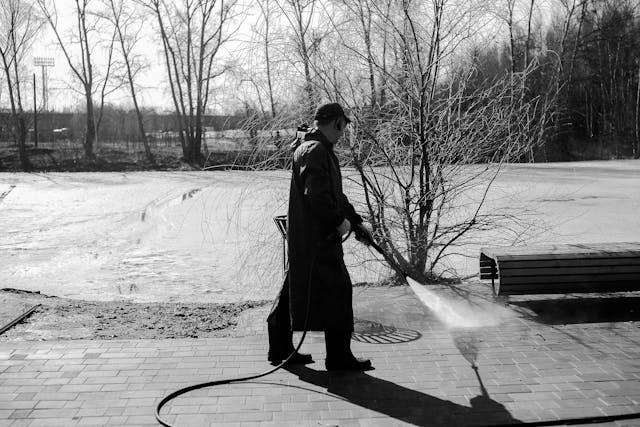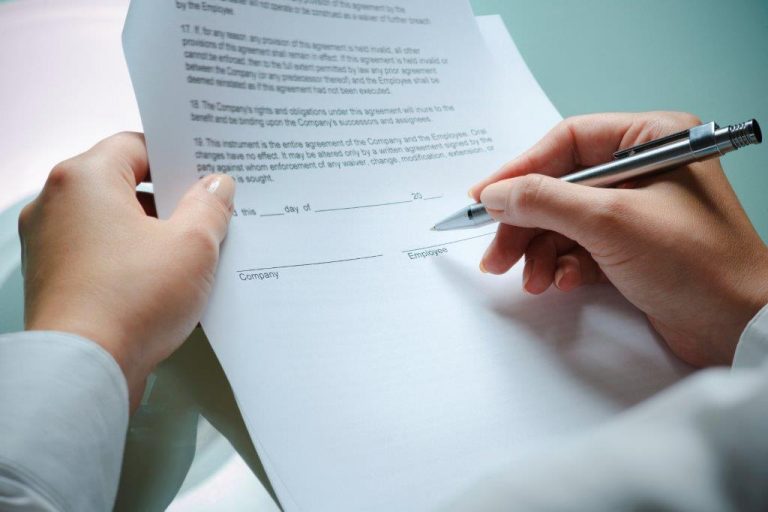
When you’re hiring a power washing service, you probably focus on things like price, availability, and how good their before-and-after photos look. But one of the most important — and most overlooked — factors is whether the company carries the right insurance coverage. 🧾
Why does this matter? Because accidents happen. Whether it’s a cracked window, water damage, or someone slipping on a wet surface, you don’t want to be the one left footing the bill. This article explains everything you need to know about insurance when hiring a power washer — so you can protect your property, your wallet, and your peace of mind. ✅
🔍 Why Insurance Matters in Power Washing
Power washing may seem harmless, but the machines used can blast water at over 3,000 PSI — enough pressure to etch concrete, damage siding, or cause serious injury. And if something goes wrong during the job?
Without insurance, the homeowner or business owner can be held liable. 😬 That’s why it’s critical to ask about insurance coverage before anyone starts spraying your property.
🧾 The Two Types of Insurance You Should Look For
There are two key insurance policies every legitimate power washing company should carry:
1. General Liability Insurance 🛡️
This protects YOU — the client — in case the contractor damages your property.
🧱 Example: A washer blasts too hard and cracks your brick façade or damages your outdoor lighting. Their general liability insurance should cover the repair costs.
Minimum coverage to look for:
- Residential jobs: $500,000–$1,000,000
- Commercial jobs: $1,000,000+
Always ask for proof of insurance — a legitimate contractor will be happy to provide a Certificate of Insurance (COI).
2. Workers’ Compensation Insurance 🧍♂️
This protects the workers — and protects you from being sued — if someone is injured on your property.
🧼 Example: A worker slips off a ladder while cleaning your second-story windows and injures themselves. If they don’t have workers’ comp, you could be sued for medical costs or lost wages.
Even small, owner-operator companies should carry some form of worker protection. Don’t assume just because they’re a “solo business” that it doesn’t apply.
⚠️ Red Flags That Signal Insurance Issues
Watch out for these warning signs when speaking to potential contractors:
🚩 They “forgot” to bring documentation
🚩 They dodge the question or say “Don’t worry about it”
🚩 They offer a suspiciously low price — it may be because they skip insurance
🚩 They’re not willing to list you as a certificate holder on their COI
These are all indicators that the company may not be insured — or may be cutting corners.
💡 Bonus: Additional Policies That Show Professionalism
While not always required, the following types of coverage can signal that a contractor takes their business seriously:
🔒 Bonding Insurance – Protects you if the contractor fails to finish the job or violates your contract terms.
🚛 Commercial Auto Insurance – Covers company vehicles used on the job. Important if their equipment is stored or operated from the truck on your property.
📝 Umbrella Liability Policies – Provides extra coverage beyond standard general liability — especially useful for larger commercial projects.
🧠 How to Ask the Right Questions
You don’t need to be a legal expert — just ask these straightforward questions when evaluating a power washing company:
✅ Are you fully insured?
✅ Do you carry general liability AND workers’ comp?
✅ Can I see your Certificate of Insurance (COI)?
✅ Can you list me as a certificate holder for this job?
✅ What is your insurance limit per claim and per year?
If a contractor gets defensive or vague, that’s your cue to move on.
🧾 How to Verify a Certificate of Insurance
Once they provide a COI, here’s how to review it:
- Check the policyholder name — It should match the business you’re hiring
- Ensure the coverage is current — Look at the expiration date
- Look at the limits — Coverage should be sufficient for the value of your property
- Check the types of coverage listed — Liability and workers’ comp should both appear
You can also call the insurer directly to verify the policy is active. 📞
🏡 Why This Is Especially Important for Homeowners
Homeowner’s insurance does not always cover damage caused by contractors — especially if they are uninsured. If your insurer finds that the damage was caused by an unlicensed or uninsured business, they may deny your claim entirely.
So while it might be tempting to save $100 with a cheaper, “cash-under-the-table” power washer… the risk is rarely worth it. 🔧💸
🧽 Final Thoughts
When hiring a power washing contractor, insurance isn’t just a detail — it’s a dealbreaker. A properly insured company protects your property, your financial safety, and your peace of mind. It also shows that they take their work seriously and plan to be in business for the long haul.
Don’t be afraid to ask tough questions. Reputable companies expect it — and will respect you for being a savvy customer. ✅
Browse Amazon Here For Popular Pressure Washers And Accessories






